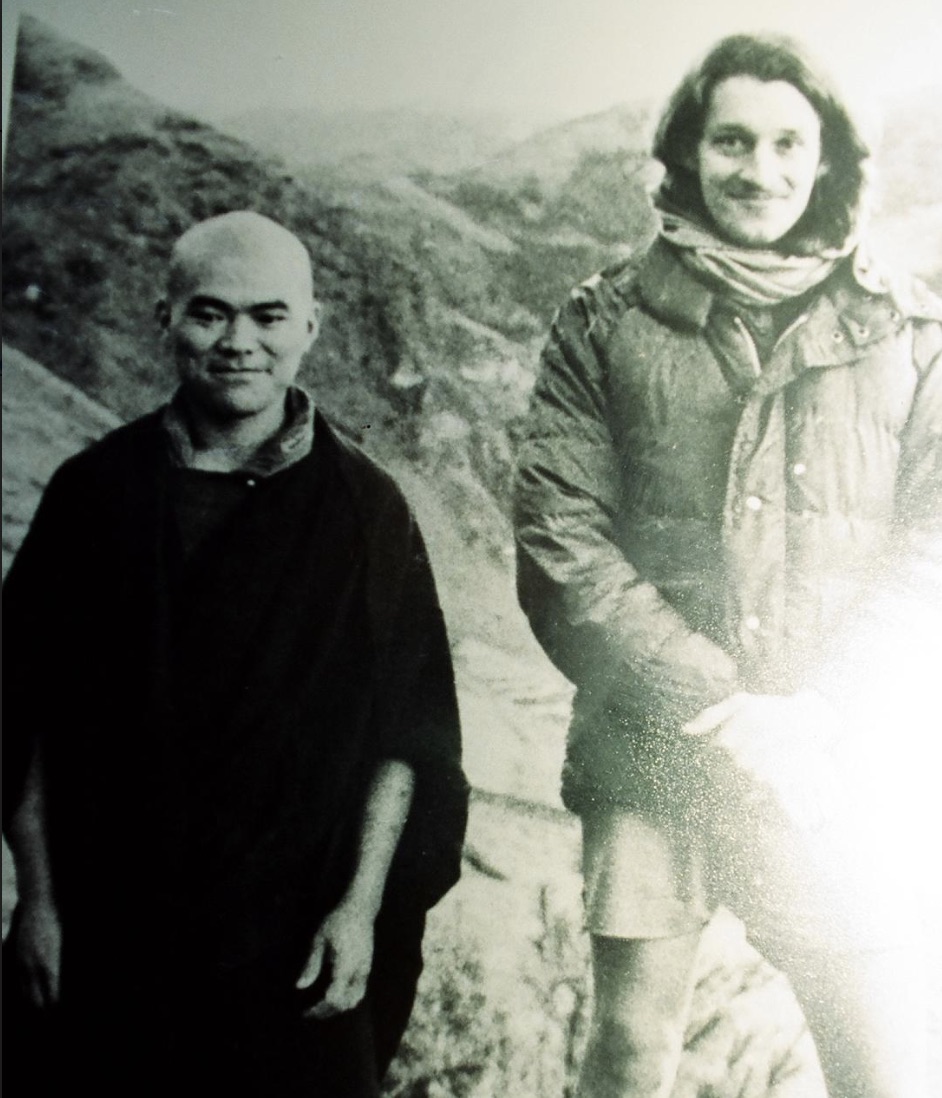Spiritual arrogance can be a subtle yet pernicious barrier on the path to spiritual growth. Within the framework of Bahá’í teachings, humility is a cardinal virtue that fosters an authentic relationship with the Divine and fellow beings. This article explores the importance of avoiding spiritual arrogance through the lens of Bahá’í principles and practices, while elucidating the multifaceted ways to cultivate humility on the spiritual journey.
Understanding Spiritual Arrogance
At its core, spiritual arrogance manifests as an inflated sense of self-importance in one’s spiritual pursuits. Individuals may fall prey to the belief that their understanding is superior to that of others, leading to a condescending attitude. The Bahá’í teachings elucidate that all truth is relative and that no single individual possesses the entirety of divine knowledge. Hence, spiritual arrogance not only obstructs the individual’s growth but also undermines the communal spirit essential to Bahá’í life.
The Consequences of Spiritual Arrogance
Embarking on the spiritual path with an air of superiority can lead to isolation, conflict, and ultimately a stagnation of spiritual development. Spiritual arrogance breeds an environment of contention, where individuals prioritize their egos over collective progression. The Bahá’í Faith emphasizes the principle of unity, and spiritual arrogance inevitably damages interpersonal relationships, weakening the bonds of community.
Principles of Humility in Bahá’í Teachings
Humility is intricately woven into the fabric of Bahá’í teachings. It rests on the acknowledgment of the inherent oneness of humanity and the infinite grace of the Divine. Several principles elucidate how to embody humility:
- The Acceptance of Diversity: Embracing the myriad perspectives within the human experience fosters humility. Recognizing that individuals are on varied spiritual journeys allows one to appreciate different insights and experiences. This understanding is pivotal in nurturing respect and empathy.
- Service to Others: The Bahá’í Faith emphasizes the significance of serving humanity. Engaging in acts of service shifts the focus from self to others, cultivating a spirit of surrender and gratitude. Through selfless acts, one can embody the humility that is central to spiritual growth.
- Continual Learning: Adopting a posture of perpetual learning encourages humility. The admission that there is always more to learn, both from sacred texts and from fellow travelers on the spiritual path, mitigates the temptation towards arrogance. The Bahá’í teachings encourage deep engagement with the writings of the Central Figures and fostering an attitude of inquiry.
Cultivating Humility: Practices and Reflections
To embody humility on the spiritual journey, Bahá’í teachings recommend several practical approaches:
- Daily Reflection: Setting aside time for personal reflection enables individuals to assess their intentions and attitudes. Journaling about experiences, along with meditative practices, assists in identifying moments where arrogance may have influenced thoughts and actions.
- Participating in Community Life: Engaging actively in community activities enriches one’s understanding of diverse perspectives. The collective endeavors of Bahá’í communities serve to remind individuals of their shared humanity, thus disarming any tendencies toward self-aggrandizement.
- Consultation: The Bahá’í practice of consultation embodies a collaborative decision-making process that emphasizes collective wisdom over individual opinions. Through open dialogue, humility is cultivated, allowing individuals to appreciate the value of others’ insights.
- Practicing Forgiveness: In acknowledging one’s imperfections, individuals may cultivate a forgiving spirit towards themselves and others. This practice diminishes the inclination to judge, a behavior often fueled by a sense of superiority.
Avoiding Pitfalls: Recognizing the Trappings of Spiritual Arrogance
It is essential to remain vigilant against the manifestations of spiritual arrogance that can infiltrate one’s spiritual life. Here are key reminders to maintain humility:
- Avoiding Judgment: Guard against the critical examination of others’ beliefs and practices. Judgment not only alienates individuals but reflects an inflated sense of self.
- Maintaining Gratitude: Cultivating a mindset of gratitude helps counterbalance any tendencies toward entitlement. Recognizing the blessings and support received from the Divine and the community diminishes egocentric attitudes.
- Embracing Vulnerability: Acknowledging one’s faults and limitations is a fundamental aspect of humility. It serves as a powerful antidote to arrogance, allowing for more authentic and honest relationships with others.
Conclusion: The Journey Towards Humility
The journey to spiritual understanding is itself fraught with the challenge of managing one’s ego. By diligently striving towards humility, individuals not only transform their own spiritual practice but also contribute positively to the fabric of the Bahá’í community. Embracing humility opens the door to deeper connections and a richer, more fulfilling spiritual experience. The teachings of the Bahá’í Faith offer invaluable guidance in navigating the complexities of spiritual growth, reminding practitioners of the paramount significance of remaining humble amid their quests for truth and understanding.
